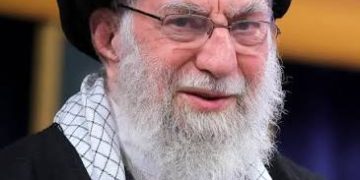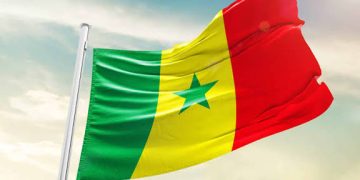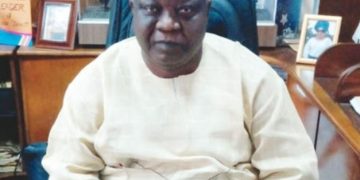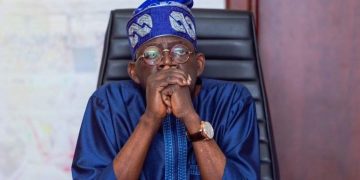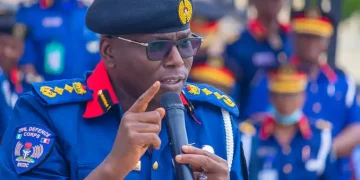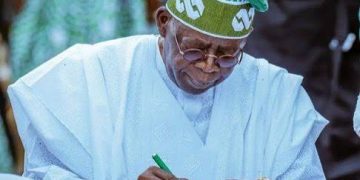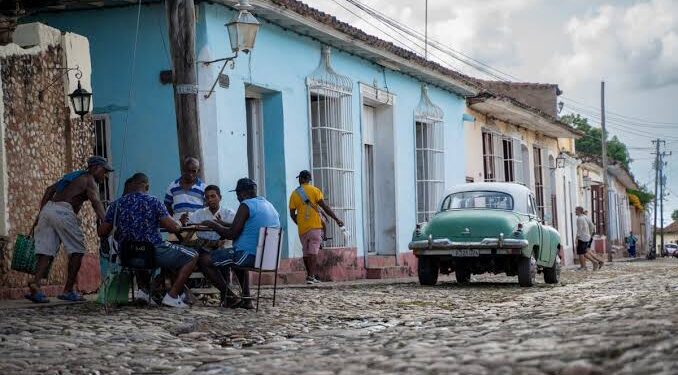The Joe Biden administration in its final days is expected to remove Cuba from the US list of state sponsor of terrorism; a decision the White House says was facilitated with the help of the Vatican to secure the release of political prisoners there.
In addition to removing Cuba from the terror list, the White House will also issue the country a waiver from Title III of the 1996 Helms-Burton Act, which strengthened embargo provisions against Cuba.
Title III of the law allows U.S. citizens to sue individuals allegedly trafficking in property expropriated by the country’s communist government.
Cuba is one of four countries on terror list, the others being North Korea, Syria, and Iran.
Also, Cuba along with Haiti, Nicaragua, and Venezuela, is on the verge of becoming a failed state.
President-elect Donald Trump reinstated the Island terror designation in the final days of his first presidency in 2021, banning US economic aid and arms exports to the country.
Adding Cuba back to the list after its removal in 2015 by President Barack Obama, Trump cited the communist country’s backing of Venezuelan leader Nicolas Maduro.
According to Human Rights Watch, more than 1,000 individuals in Cuba meet the definition of political prisoners.
The White House has been coordinating with the Catholic Church, among others, to improve conditions in Cuba and secure the release of political prisoners, the official said on Tuesday.
Cuba is majority-Catholic. Church leaders there for years have been involved in negotiations with the communist government regarding human rights and market reforms.
The country has for decades been accused of human rights abuses. Freedom House lists Cuba as “not free,” with the country sharply limiting civil and political liberties, while “official obstacles make it difficult for churches to operate without interference.”
Pope Francis hosted Cuban President Miguel Díaz-Canel at the Vatican in 2023. In 2021, amid major protests in the country, the Holy Father professed himself “near to the dear Cuban people in these difficult moments, in particular to those families suffering the most.” Francis also visited the country in 2015.

